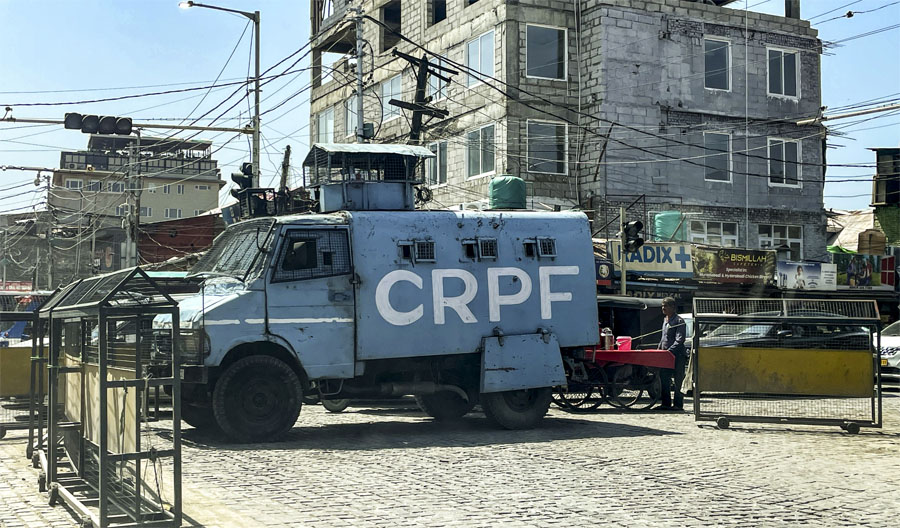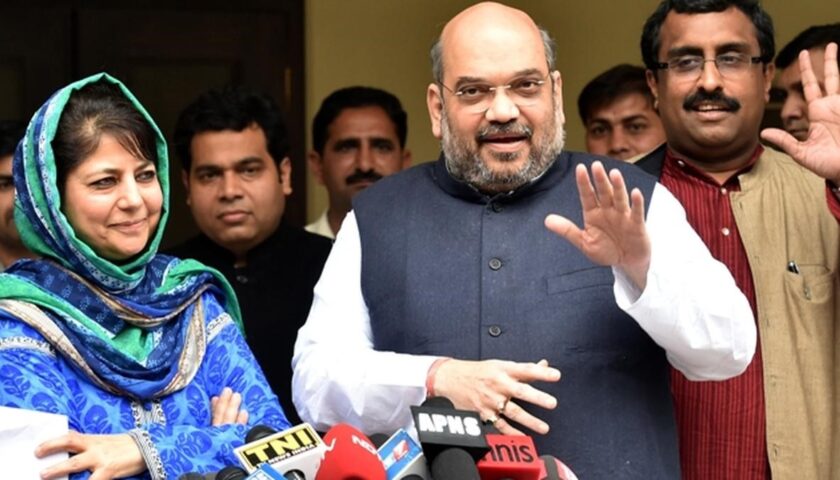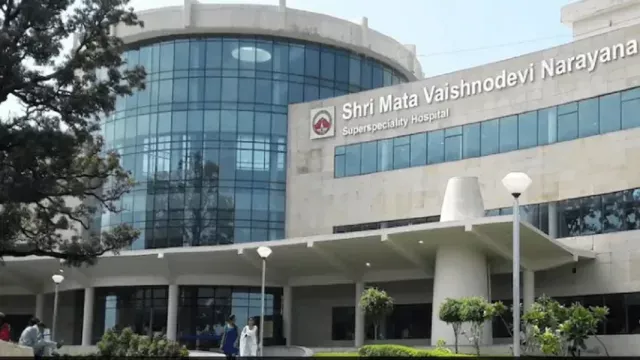Omar Abdullah house arrest Martyrs’ Day, Tyranny of the unelected quote, July 13 Kashmir restrictions
By: Javid Amin | Srinagar | 14 July 2025
Invoking the Past to Challenge the Present
As political leaders in Jammu & Kashmir prepared to pay homage at the Martyrs’ Graveyard in Srinagar, they were met not with public participation—but with locked gates, police barricades, and silence. Among them was Omar Abdullah, former Chief Minister and Vice President of the National Conference (NC), who revealed via social media that he had been placed under house arrest.
But what caught national attention wasn’t just the visuals of barricaded gates outside his Gupkar Road residence—it was the quote he used to frame the moment:
🗣️ “Democracy in J&K is a tyranny of the unelected.”
— Omar Abdullah, quoting late BJP leader Arun Jaitley
In a poignant twist of political irony, Abdullah cited Arun Jaitley’s own words—once aimed at critiquing the pre-2019 power structure of J&K—to now slam the post-370 regime, where non-elected bureaucrats control the levers of governance, often overriding elected representatives.
Barricades & Blockades
Alongside the quote, Omar Abdullah posted photos of sealed roads, closed gates, and multiple police vehicles outside his home. These visuals went viral—reigniting the debate over political suppression and the state’s control over public memory.
He alleged that not just NC leaders, but functionaries from the PDP, Apni Party, and People’s Conference were also confined to their homes or detained by the police, with no formal legal order or justification being offered.
“We were prevented from paying homage to the 22 martyrs of July 13. This isn’t governance—it’s intimidation masked as security,” he said.
What Sparked the Crackdown?
According to officials, the Srinagar district administration denied all parties permission to visit the Martyrs’ Graveyard at Naqshband Sahib. No clear reasons were provided—except vague allusions to “law and order concerns”.
Political observers argue this move wasn’t about safety, but rather about controlling symbolic expression, particularly when it challenges the centralized narrative that emerged after the abrogation of Article 370 in August 2019.
Political Symbolism & Historical Memory
Omar Abdullah didn’t stop at calling the move undemocratic. He compared the 1931 killings to the Jallianwala Bagh massacre, underscoring the brutality of state power against peaceful protest:
“The men who laid down their lives on July 13 were not rioters or rebels—they were symbols of democratic resistance. That they are being projected as villains only because they were Muslims speaks volumes about today’s politics.”
His statement is not just a critique of state action, but also of the narrative re-engineering—where Kashmir’s martyrs are rewritten as provocateurs, and Maharaja Hari Singh is uplifted as a hero, with his birthday now a public holiday.
Historical Irony: Quoting Jaitley, Confronting BJP
The late Arun Jaitley—former Finance Minister and legal luminary—had used the term “tyranny of the unelected” to describe dynastic politics and unelected power brokers in J&K before the abrogation of Article 370. But in 2025, it is Abdullah, a direct target of the BJP’s centralizing strategy, who wields the phrase back at the system Jaitley helped build.
This rhetorical maneuver reflects the irony and fluidity of political narratives—where yesterday’s critiques are recycled into today’s indictments, and where Kashmir’s democratic space seems to contract further, even under the guise of “integration.”
Why This Moment Resonates
The Martyrs’ Day row is no longer just about a historical event—it’s about who controls memory, who exercises democratic power, and how dissent is contained.
-
Democracy vs Bureaucracy: Abdullah’s detention highlights a key tension—can an elected government function freely when critical decisions are taken by unelected administrators in a Union Territory?
-
Memory as Resistance: Commemorating July 13 becomes a political act of resistance, especially when official structures try to erase or reframe it.
-
Symbolic Control: Sealing a graveyard and silencing leaders is not just logistical—it’s a symbolic assertion of who defines history, and which voices get remembered.
“To deny the people of Kashmir the right to remember their heroes is to deny them their history,” said Omar Abdullah. “And without history, there can be no identity—only silence.”
Summary Takeaway
The use of “tyranny of the unelected” marks a rhetorical escalation in Kashmir’s political discourse. It shows how leaders like Omar Abdullah are reframing the BJP’s own critiques into counterarguments—pointing to an increasing democratic deficit and a growing disconnect between Delhi-appointed administrators and the Kashmiri public.
In the larger context of the Martyrs’ Day row, this incident encapsulates the ongoing battle over narrative, power, and political legitimacy in one of India’s most politically sensitive regions.




